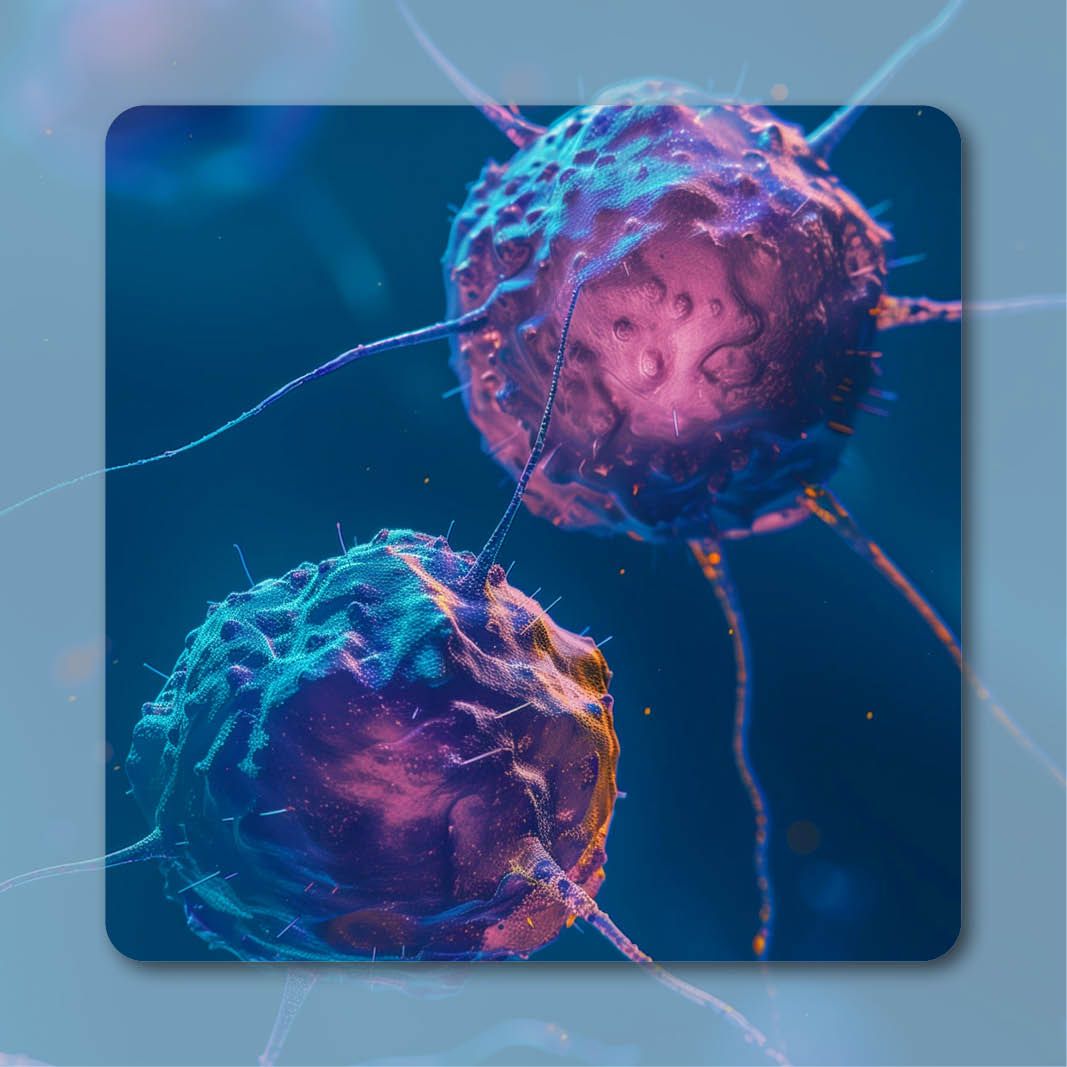Commentary
Video
Dr Lloyd on the Effects of ESR1 Mutations on Elacestrant Outcomes in HR+ Advanced Breast Cancer
Maxwell Lloyd, MD, discusses a real-world study of elacestrant outcomes based on prior treatment and ESR1 mutation status in HR+ breast cancer.
Maxwell Lloyd, MD, clinical fellow, medicine, Department of Medicine, Beth Israel Deaconess Medical Center, discusses findings from a real-world study investigating the effects of prior treatment, ESR1 mutation status, and PI3K pathway mutation status on outcomes with elacestrant (Orserdu) monotherapy in patients with hormone receptor (HR)–positive, HER2-negative advanced breast cancer.









